Volume IV of PAIPS
We have now published volume IV of the book series "Proceedings of the Académie Internationale de Philosophie des Sciences". The fourth volume is the proceedings volume of the conference held in Zadar, Croatia in 2021 and was edited by our President Jure Zovko. You can find the volume here - all papers are available free of charge for everyone:
https://resources.illc.uva.nl/CRAIPS/Volumes/Tome-IV/
Latest publications from our members
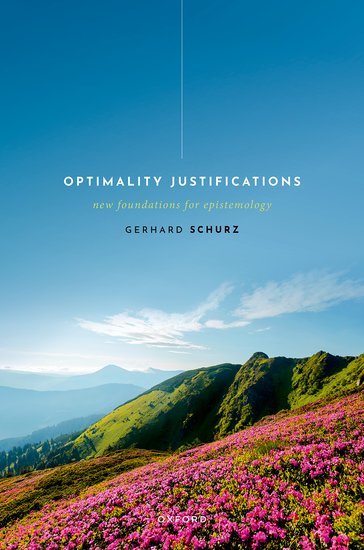
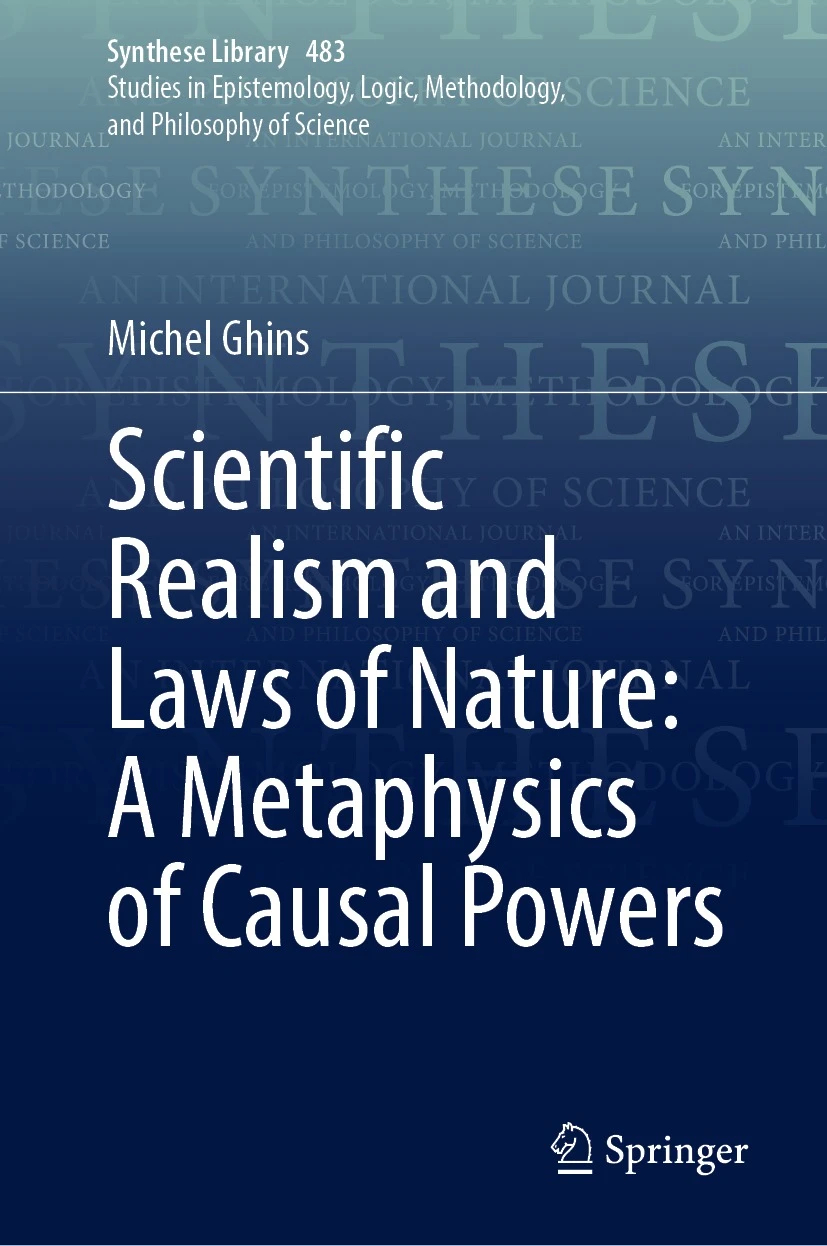
Michel Ghins:
Scientific Realism and Laws of Nature: A Metaphysics of Causal Powers
Published in 2024.
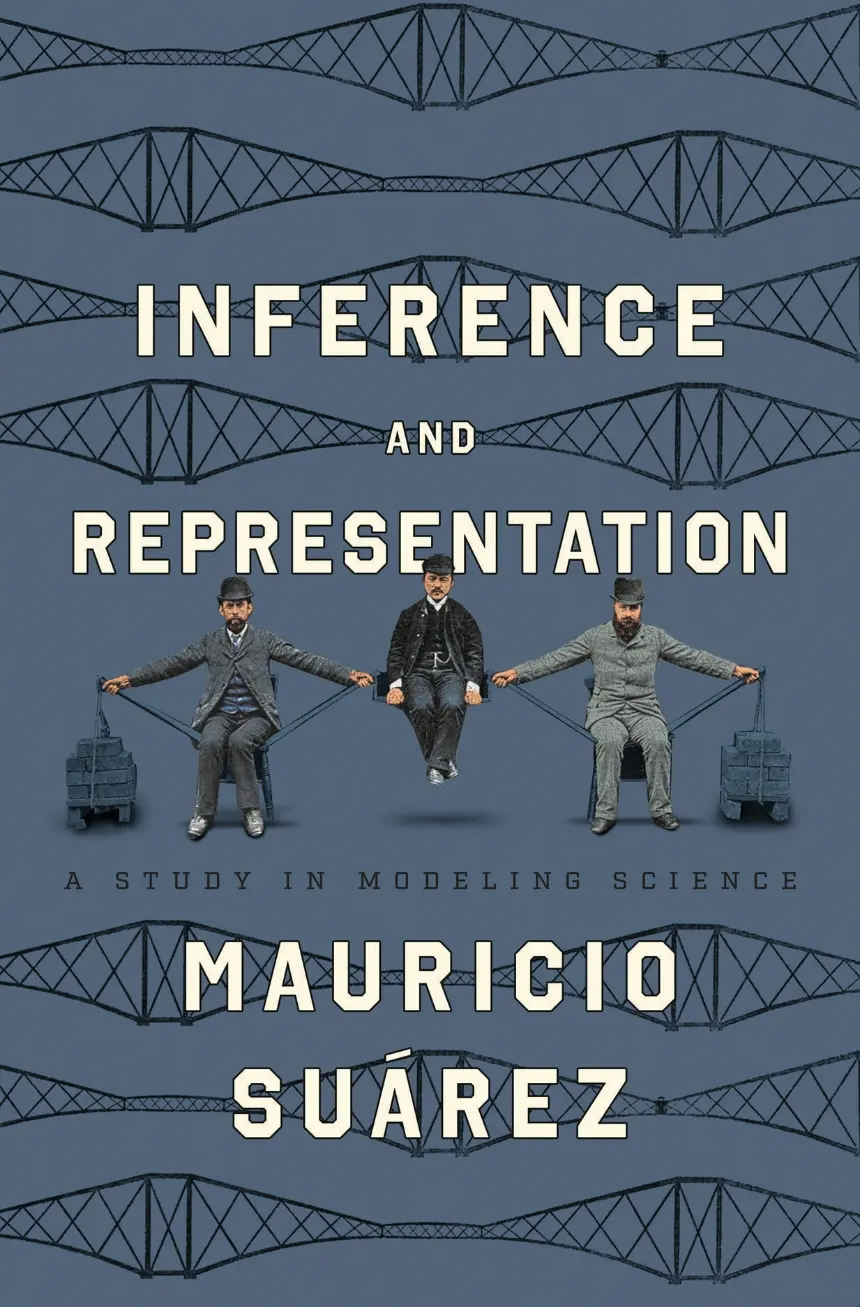
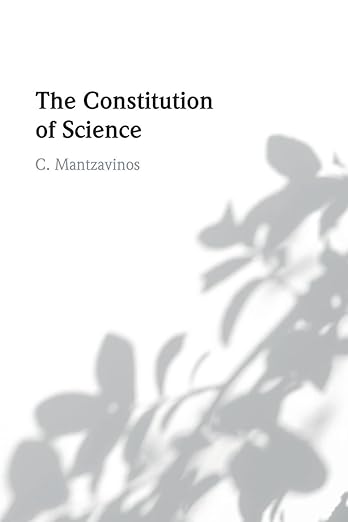
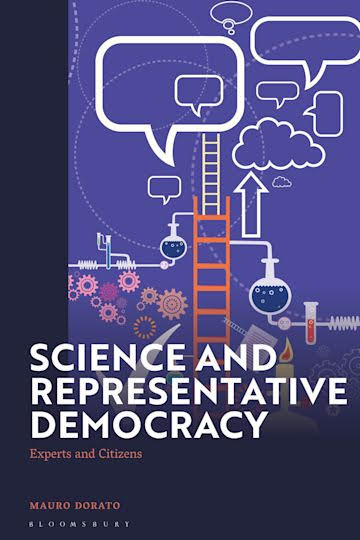
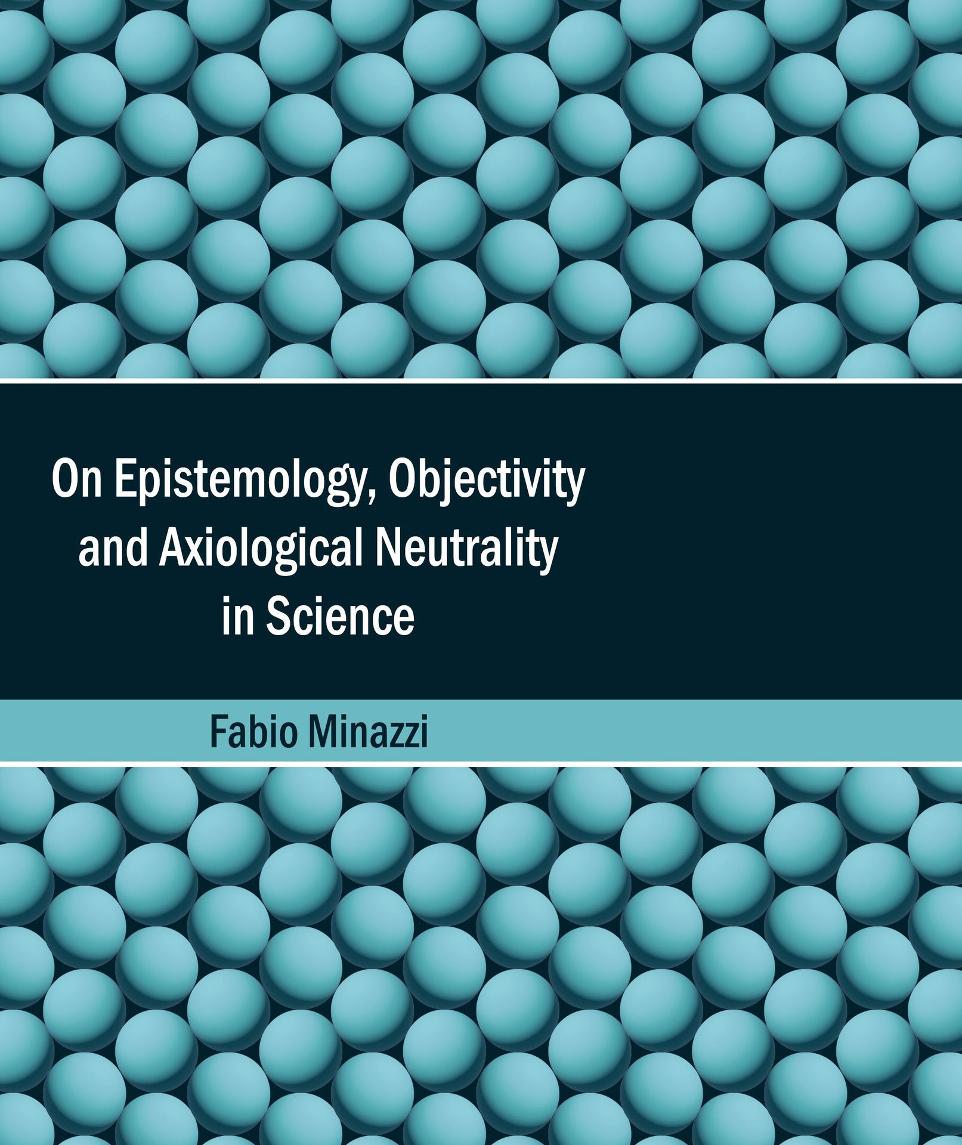
Fabio Minazzi:
On Epistemology, Objectivity and Axiological Neutrality in Science
Published in 2023
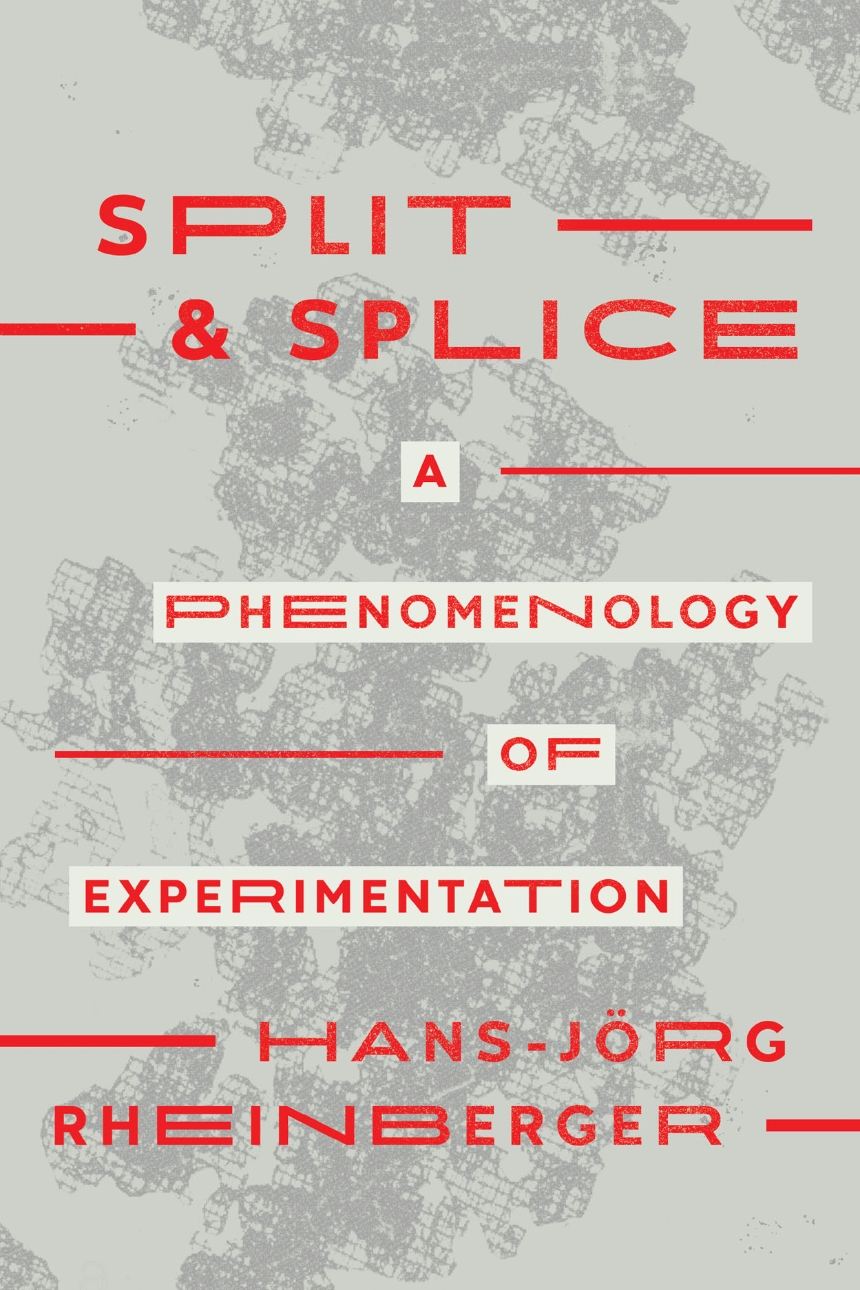
Hans-Jörg Rheinberger: Split and Splice
A Phenomenology of Experimentation
Published in 2023
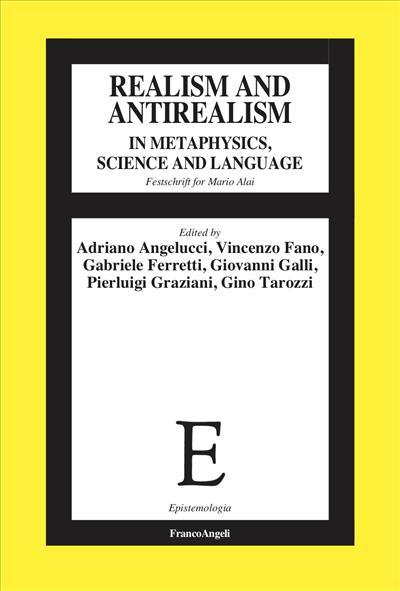
Realism and antirealism in metaphysics, science and language
Festschrift for Mario Alai
Published in 2024

The AIPS was founded in 1947 by a Belgian Dominican priest, Father Stanislas Dockx, a philosopher and theologian as well as a physicist and mathematician, who was deeply concerned with synthesis and epistemological critique. The aim of the International Academy of Philosophy of Science is to attempt to synthesize essential questions in the philosophy of science in an interdisciplinary manner, transcending all divides (national, linguistic, institutional, philosophical), in a spirit of free and rigorous research. The results are shared to foster a critical and intellectually fruitful debate, within a framework that promotes personal and cordial contact among researchers.

Academic Board
prof. JURE ZOVKO - President
prof. MICHEL GHINS - Vice president
Prof. REINHARD KAHLE - Vice président
Prof. MARCO BUZZONI - Assessor
Prof. GINO TAROZZI - Assessor
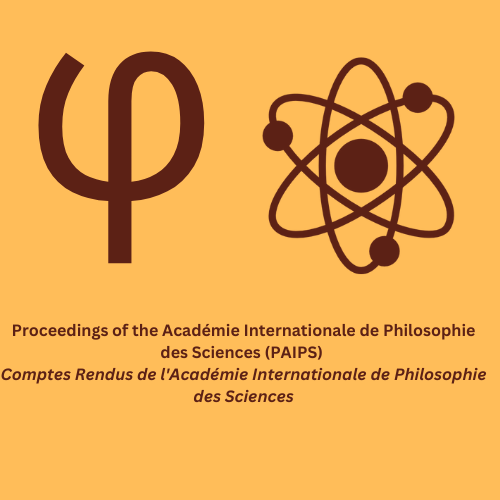
The Proceedings of the Académie Internationale de Philosophie des Sciences (PAIPS) or Comptes Rendus de l'Académie Internationale de Philosophie des Sciences are a book series published by the Académie International de Philosophie des Sciences. The print volumes can be ordered via College Publications, the online volumes are available here at no cost of either authors or readers ("diamond open access").
